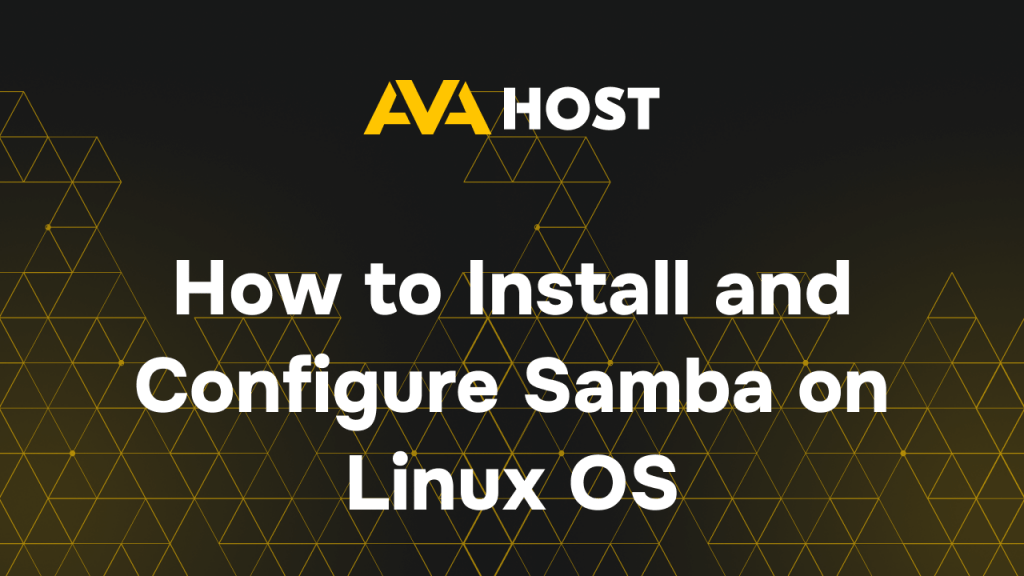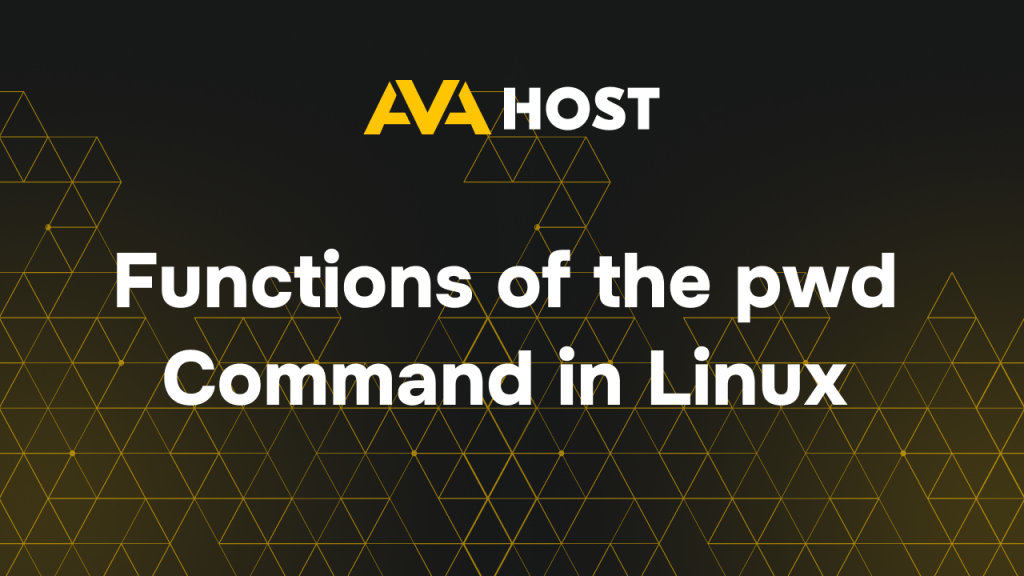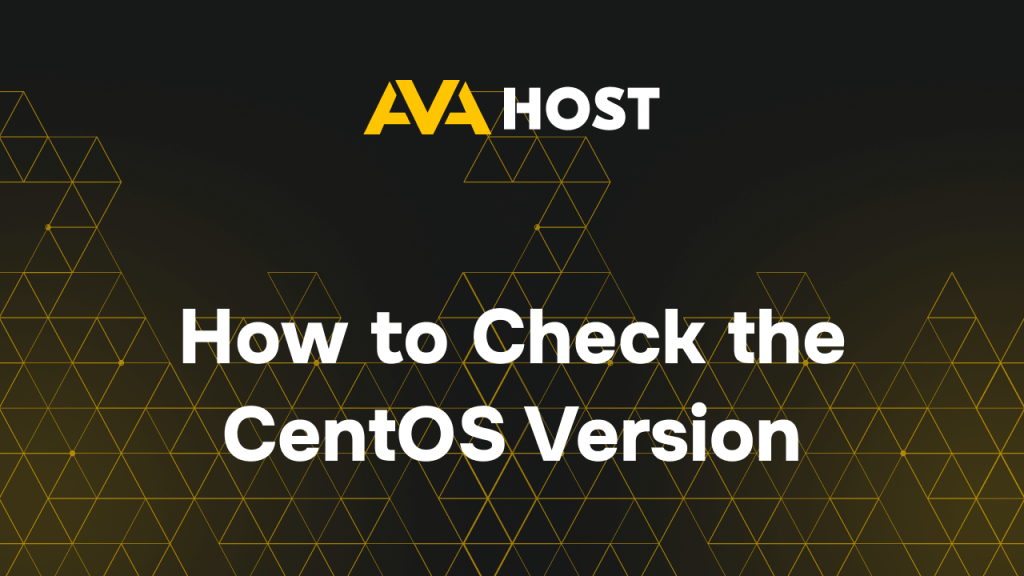F.A.Q

How to Add a New User in Debian Managing user accounts is a fundamental part of Linux system administration. Whether you’re setting up a new developer account, creating user roles for security, or managing a VPS or dedicated server, knowing how to add and configure users in Debian is essential. This guide will walk you […]

Samba is a powerful open-source software suite that enables seamless file and printer sharing between Linux/Unix systems and Windows clients. It allows Linux systems to appear as Windows file servers, making it a vital tool in mixed-OS environments such as corporate networks or home setups. This guide walks you through installing and configuring Samba on […]

The pwd (Print Working Directory) command is one of the most basic yet important commands in Linux and Unix-like operating systems. It is used to display the current working directory, or in simpler terms, it tells you where you are in the file system. While it may seem like a simple command, it is crucial […]

If you’ve ever had a long-running task in a Linux terminal interrupted by a lost SSH session or a closed terminal window, you know how frustrating it can be. Luckily, Linux servers provides a powerful utility called screen that allows you to run terminal sessions in the background, detach from them, and reconnect later — […]

Systemctl Commands: restart, reload, and stop Services in Linux In modern Linux distributions that use systemd as the init system, managing services is commonly done using the systemctl command. Whether you’re an administrator maintaining a web server or a developer testing application changes, understanding how to restart, reload, and stop services is essential. This article […]

Location is one of the key factors that affects what content you see on the Internet, how fast websites work, and even access to certain online services. Managing geolocation settings in the Google Chrome browser allows you to increase your privacy, improve the user experience, and access the information you need in the right place. […]

Unlocking the bootloader of your Android device gives you full control over its firmware. Whether you want to install a custom ROM, root your device, or flash a custom recovery like TWRP, unlocking the bootloader is the first step. This guide will walk you through the process using Fastboot. The instructions are suitable for Windows […]

Knowing which version of CentOS you are running is essential for system maintenance, software compatibility, and security updates. Whether you are managing a single server or a fleet of machines, checking the CentOS version is a quick and simple process. In this article, we’ll go through several methods to identify your CentOS version using the […]

Switching your website to HTTPS is an important step for security and user trust. If your Linux-based web server still allows access via plain HTTP, you are putting your visitors and data at risk. In this guide, we’ll explain how to redirect all traffic from HTTP to HTTPS using common Linux server configurations. Why redirect […]

Ubuntu is one of the most popular Linux distributions, known for its user-friendliness, stability, and flexibility. While many users associate Linux with the command line, Ubuntu has long supported a wide range of Graphical User Interfaces (GUIs) that make the system more accessible to newcomers and professionals alike. In this article, we’ll explore the most […]

